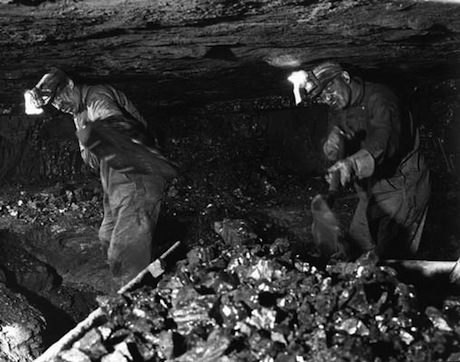
A drilling campaign covering 1.5 km in Papua New Guinea’s Gulf Province has revealed there is enough high quality coal to run a 50-megawatt power station for 30 years, according to Paul Mulder, CEO of unlisted Brisbane-based miner, Mayur Resources.
Mayur Resources has rights to explore a 120 km stretch of land in Gulf Province, close to the Purari and Vailala rivers.
“Out of the 120 kms we have under tenure, we’ve only drilled the first 1.5 kilometres and that coal is enough to generate a 50 megawatt power station for the next 30 years,’ Chief Executive Officer Paul Mulder tells Business Advantage PNG.
“If we’re to keep drilling as we intend to, the next five, 10, 15 kilometres will show there’s going to be tens of millions of tonnes of coal there.
“We know that the coal is some of the cleanest coal in the world, at a 3% in situ ash level.”
By comparison, he says, Australia generates nearly 80% of its electricity through the use of coal with a large portion of coal having 25-30% ash.
“It’s sulphur levels are very, very low on international standards as well, at around 0.5%.”
The mine itself would be open cast, shallow at the surface, using local workers to provide the majority of the support required, he says.
“Our objective is to vertically integrate our clean coal resources with a modular power generation unit and work with the PNG government to supply electrons to PNG Power at a significant reduction to current power generation costs,” he says.
The plan is to start with one power station, in Port Moresby, Lae or Madang, so that the coal could be barged from the Gulf to the station’s location.
“The cost of the power would be a fraction of the existing diesel and heavy fuel costs, which would give cheaper power to the people of PNG.”
Mayur estimates the operating cost of extracting the coal is US$25 to US$30 per tonne which translates to approximately 10–15 cents per kw/h, after allowing for capital recovery and a return on the investment at the mine and the power station.
He points out that a 50-megwatt power station would help fulfil the government’s stated aim of providing electricity to 70% of Papua New Guinea, from the current level of 11%.
According to the Asian Development Bank, PNG currently has power generation capacity of around 580MW, but will need an estimated 2000MW of installed capacity by 2030 to keep pace with government targets.
Mulder says because of its low ash quality, PNG coal could also be a viable export resource to China, Korea and India for their own power generation.
Mayur Resources is a privately-owned company with Singapore-registered parent, Mayur Resources Pte Ltd. The company’s tenement portfolio in Papua New Guinea includes coal, heavy mineral sands, copper and gold.
